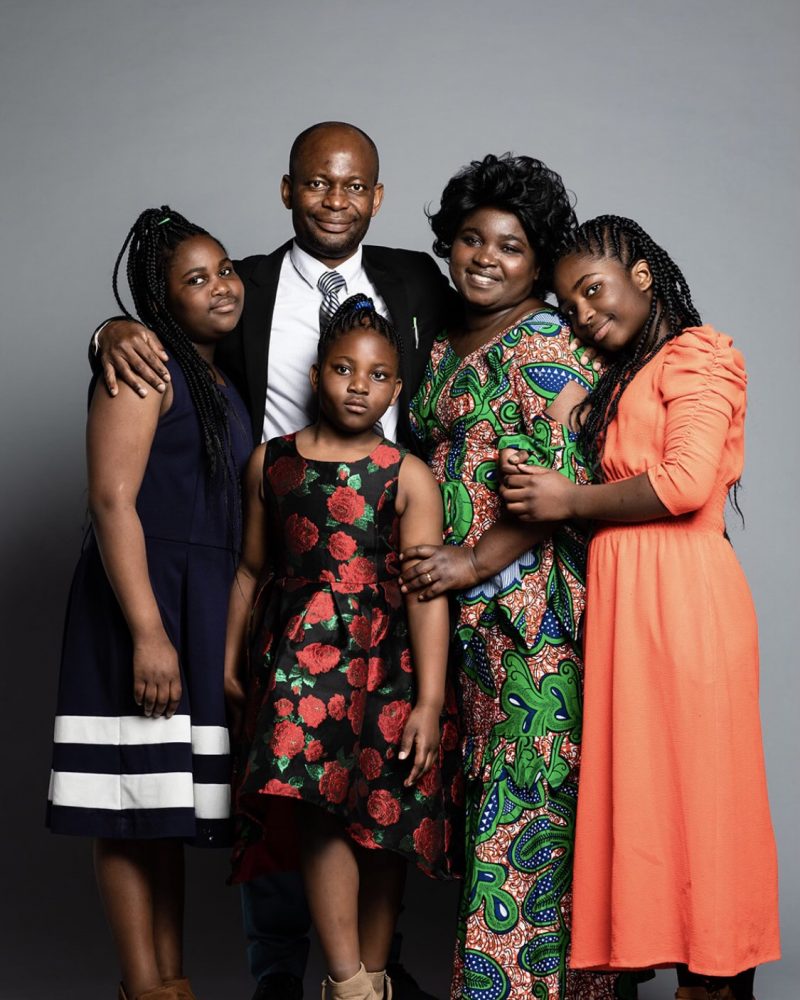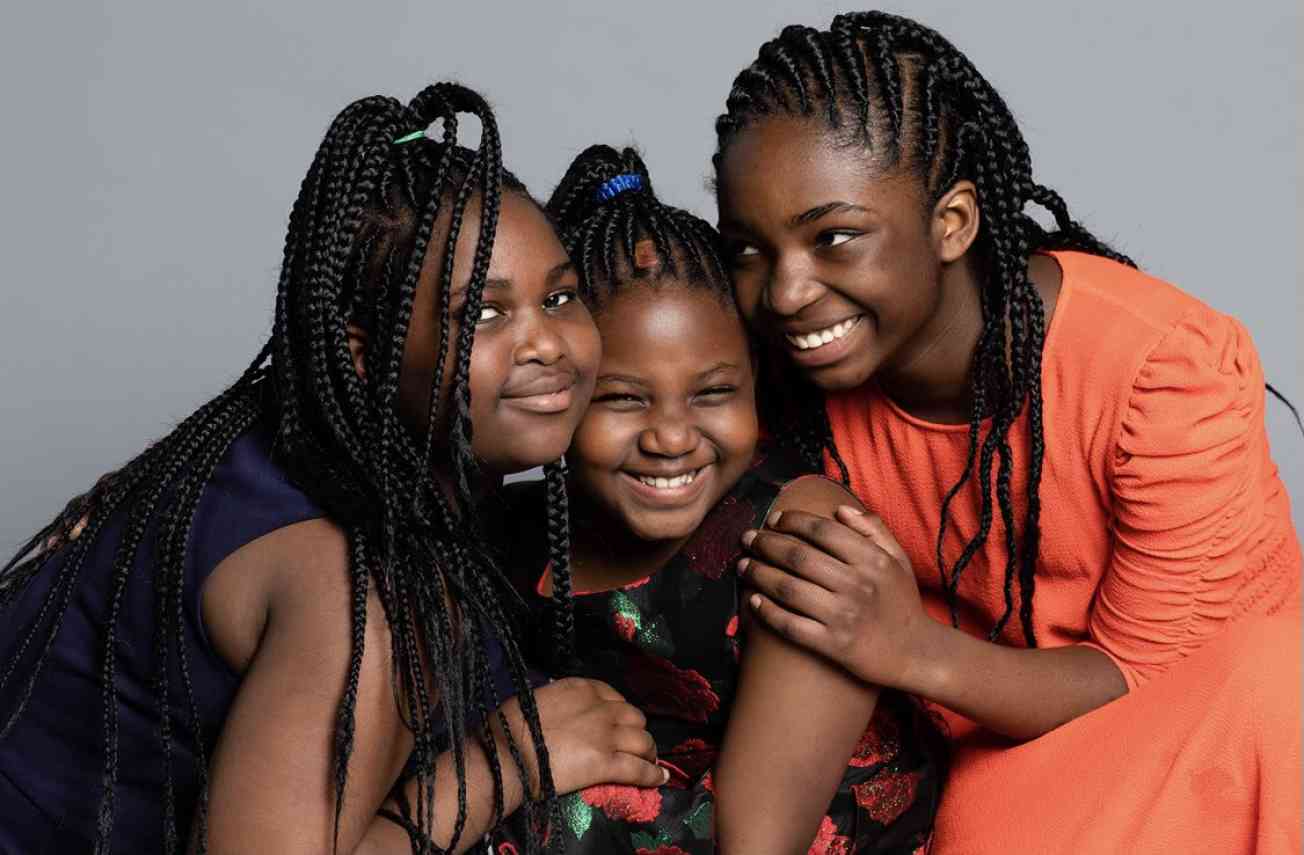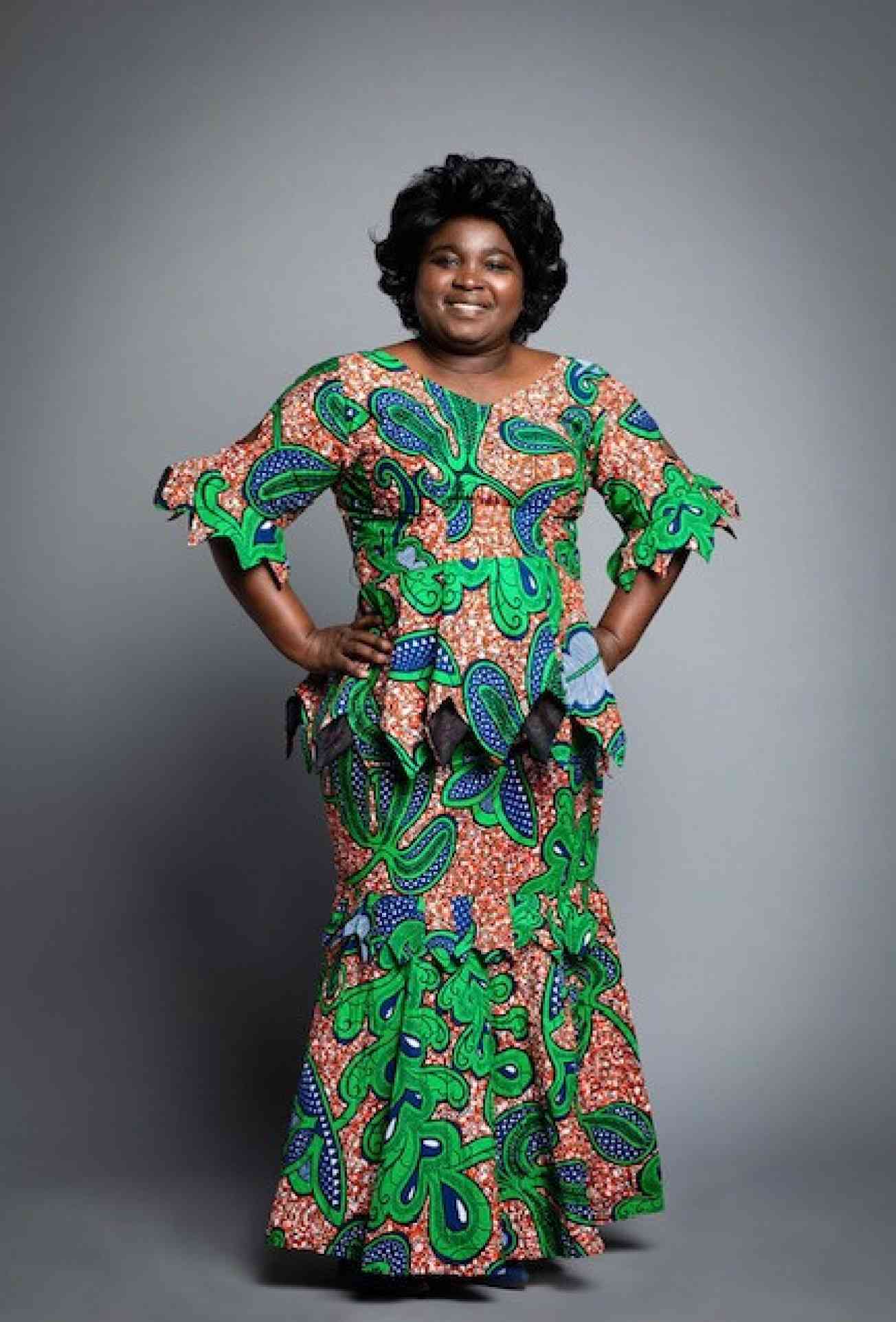Wherever You Are Put, You Must Grow
It's good to go to an unknown place where I can figure things out.

Refugee in Rwanda
In our culture, we say that a man is like a manioc plant - it grows wherever we throw it. We inculcate that into every man in our culture. Wherever you are put, you must grow and bear fruit. That idea has helped me a lot.
I am from the Democratic Republic of the Congo. That is my native country, but before coming here, we spent 18 years in Rwanda as refugees. But we weren’t in the camps. Because I had been learning computer science we were among those who were able to work in the city. Now, we are in Missoula, Montana.
In Rwanda, I was an instructor in a computer center. While I finished my training, I was a secretary, and then I was able to open my own office, where I did typing and printing as well as training other people in computer science. My wife was a student in my computer center. She was also a refugee.
Coming to America
I didn’t know anything about the United States. So I was always preparing myself for something totally different and unknown. The unknown is something I’m used to. I thought, “It’s good to go to an unknown place where I can figure things out.” I wasn’t necessarily expecting friends to already be here, but I knew that I could easily make them. Today, I have many.
Having spent time far from my parents during my secondary education, and again when I was in Rwanda, I had to make new friends and get along. I had to flourish like the manioc plant. Those hard times of separation helped me here. It was difficult - the language - the climate. Just two weeks after we arrived, snow started to fall. The kids loved it, but we didn’t have a vehicle. I had to take my bike to St. Patrick’s hospital, where I worked, in the snow. One day, I went on foot because the snow was too difficult to bike in. Often, I would leave before the buses started to circulate. It wasn’t easy. One day, I missed the bus. It was February 9th, and I almost died of cold. It was bad. At that point, the cold started to feel like fire.
Work
I work in Food Service at St. Patrick’s hospital and have been there since February of 2019. I’m disciplined; I never show up late, I’m never absent. I follow the work instructions I’m given and am ready to help all my coworkers.
The hospital’s headquarters are in Washington. [People from headquarters] came to do an investigation to determine who was the best among us. Since my English wasn’t very good, I didn’t know what was going on. I worked as I normally did, no problem. But one day they had a meeting. During the meeting they said “We have an award to give to the best employee of the year, for having helped people in the way he does, for his punctuality, and discipline.” They had a bunch of details, and then they called my name. They said, “The best employee in this hospital, in this department, is Paul Mwinga.”
I said, “Thanks,” and then said “Wait, what’s going on?! I’m not the best employee here.” I mean, I knew I worked well, but there was one day that my supervisor came to work with us and I noticed that he worked much better than me.
I told them that he deserved the honor of the award and they responded, “No Paul, you’re the one who really stood out to us, the way you work and act with everyone here.”
It has helped facilitate integration for me.
I am also involved in refugee advocacy and was able to share my story with Senators and Congressmen. I’m a representative in the Refugee Congress. A friend was a volunteer before me, he now lives in Kansas. You could say he is the one that “elected” me. They wanted me because I had experience doing this kind of work in Rwanda. I said, “No problem.” I became their representative for Montana. My predecessor is the mayor of Helena, Wilmot Collins.
The Future

When we were told we were coming to the United States, they told us, “All you who are going to the United States, know that it is your own effort that will make you free there.” I don’t know how true this is, but I’ve retained that thought the whole time, that it’s my own effort that will help me get along.
Right now, my wife works at our childrens’ school, so they are together during the day. That has really helped us a lot. Imagine, me being at the hospital, and her and the kids having to be in different places - that would have been really difficult. But, they leave together and I leave for work. After that, she has her second job at the hospital and I have mine, which is school. I do homework in the evenings and stay with the kids. Having her work at the school is really a big blessing.

Our first dream, when we arrived, was work. Later, there was the car. We have a goal to buy a home. I’m currently studying at Missoula College. Right now, the dream is for me to finish my studies, and change jobs.
In Rwanda I was doing pretty well running my own business, SAPTIC. It stands for “Service d’Appui a la Promotion de la Technologie, l’Information et la Communication” (Support Services for the Promotion of Technology, Information and Communication). But I’d also like to get more involved in humanitarian work.
And, after I finish my two years, my wife, Grace, will have the opportunity to do something. That’s where we’re at.
Our team members obtain informed consent from each individual before an interview takes place. Individuals dictate where their stories may be shared and what personal information they wish to keep private. In situations where the individual is at risk and/or wishes to remain anonymous, alias names are used and other identifying information is removed from interviews immediately after they are received by TSOS. We have also committed not to use refugee images or stories for fundraising purposes without explicit permission. Our top priority is to protect and honor the wishes of our interview subjects.